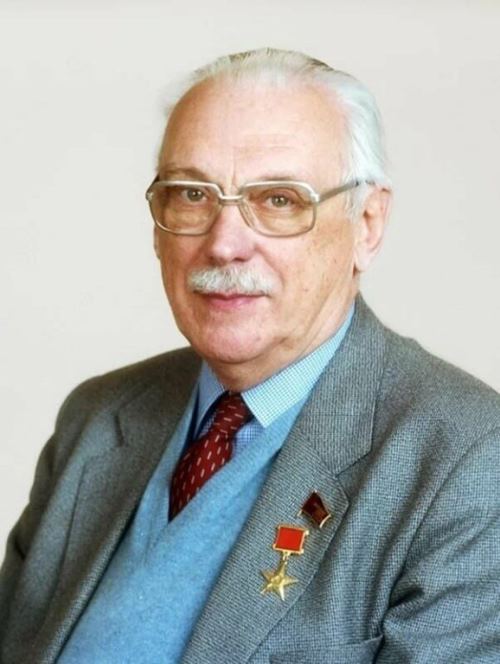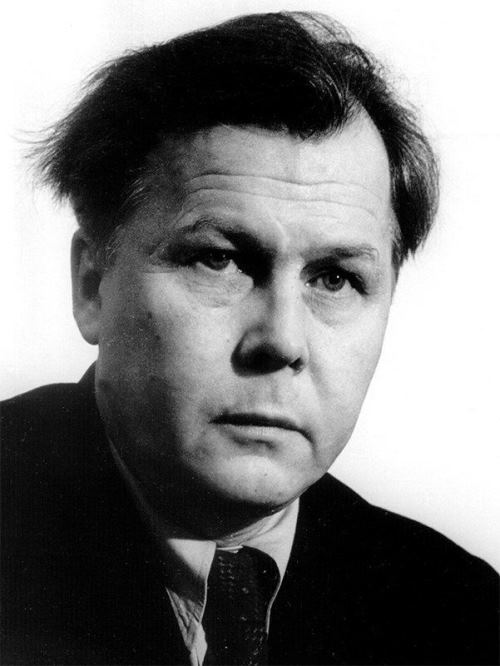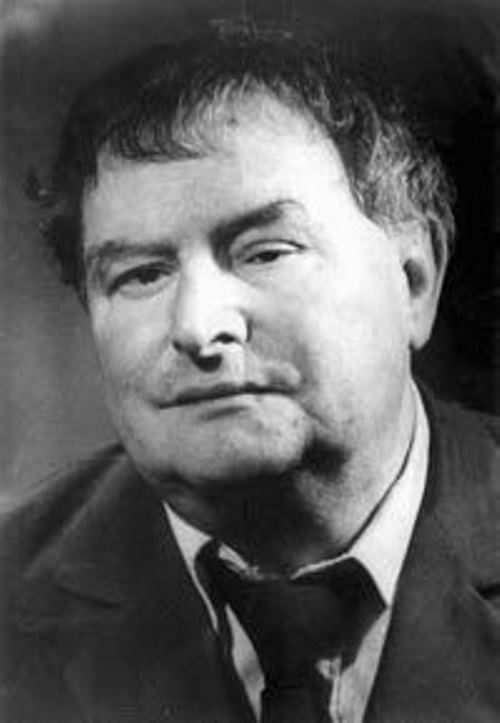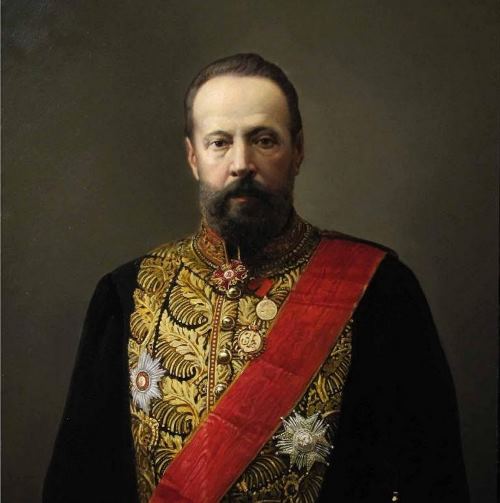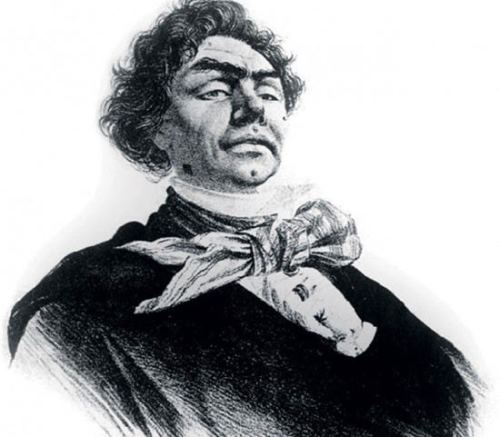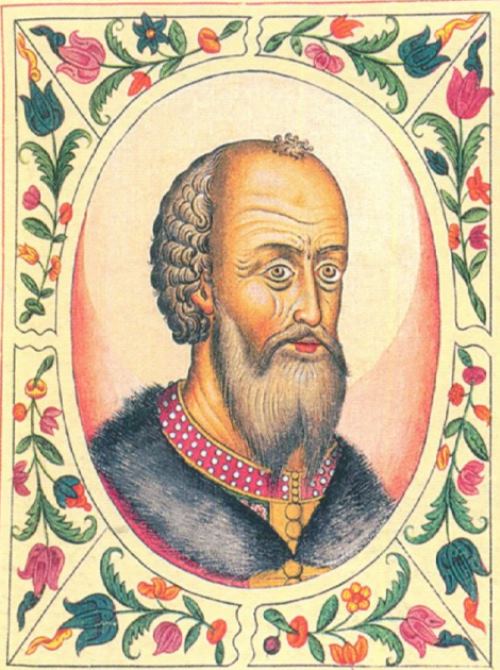Sergei Mikhalkov – great writer
Sergei Mikhalkov, one of the most popular children’s writers in the USSR, was born in 1913. He spent his school years in Pyatigorsk, in the Caucasus. And in 1930 he moved to Moscow, where he studied at the Gorky Literary Institute. In 1935 his first verses for children were published, and they had been followed by many other verses, fables and plays for children.
He began to write verses early in his life. Along with his penknife and sling-shot, cherished carefully in a casket, there was a rough notebook containing some verses, written out without a single mistake.
Among the verses was one fable— it was called Culture, and the point of it was that “it is better to help people in deeds, not merely in words”. He was ten at the time.
One day he wrote a tale in verse. He copied it out in block capitals and set off for a publisher’s. The boy went into a place that smelt thrillingly of printer’s ink. They led him to “the very top man”. A tiny old man in a long belted shirt received him as though he was a real author. When he said goodbye, he held out three roubles. That was his first advance! A week later he was holding his reply in hands trembling with excitement. Printed on a stock form, it briefly rejected his story about a bear as unsuitable for publication.
More »
